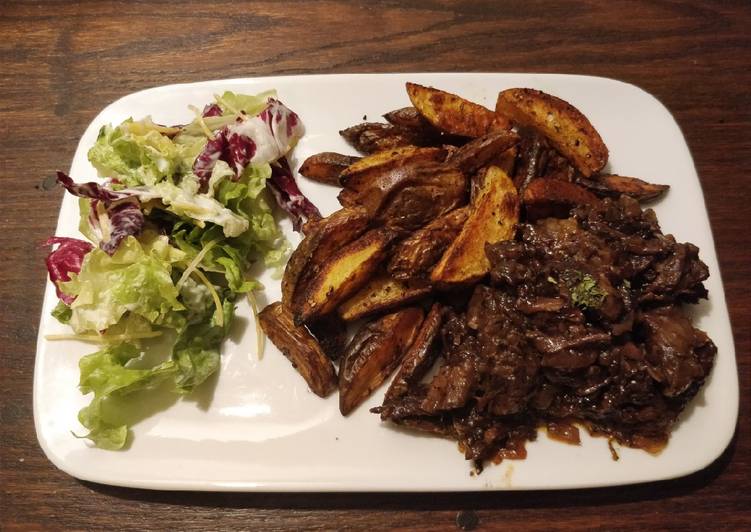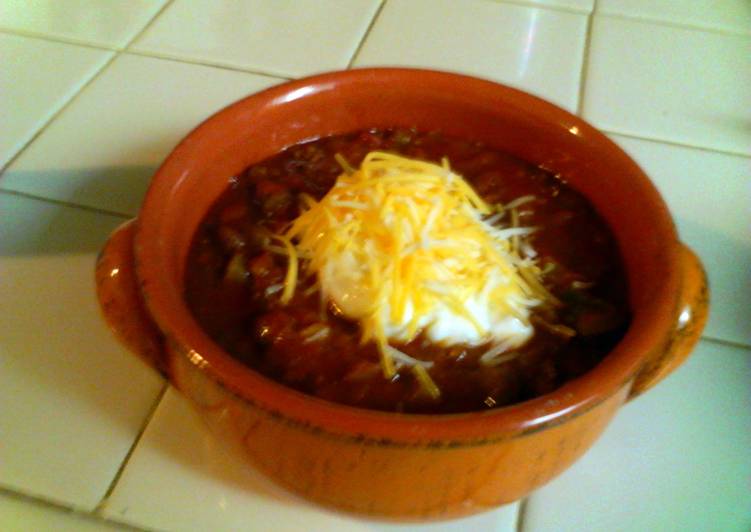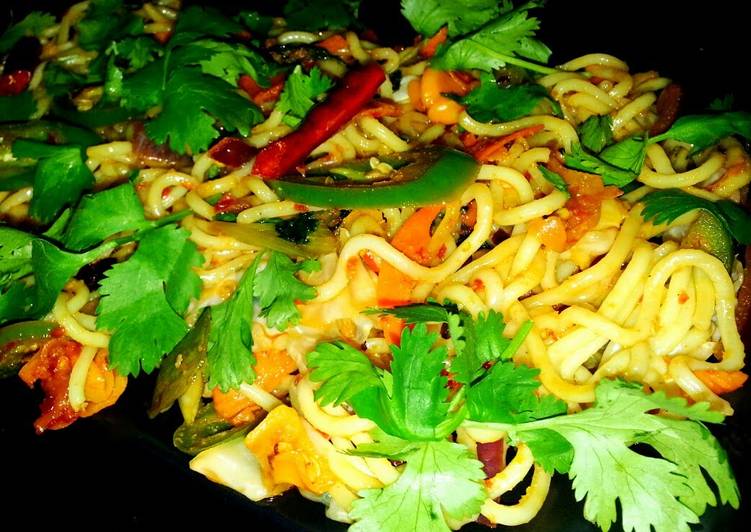
Hey everyone, hope you are having an amazing day today. Today, I will show you a way to prepare a distinctive dish, 'indonesian' beef stew. It is one of my favorites food recipes. This time, I’m gonna make it a bit unique. This is gonna smell and look delicious.
'Indonesian' beef stew is one of the most popular of recent trending meals on earth. It is appreciated by millions every day. It is simple, it’s fast, it tastes delicious. They’re fine and they look wonderful. 'Indonesian' beef stew is something which I have loved my whole life.
In Indonesia the derived word is semur, which is what describes a meat stew, braised in a sweet soy sauce or 'ketjap manis'. Djawa is the Indonesia name for Java, where this meal originates, hence the combination Smoor Djawa. Sprinkle with the coconut, brown sugar, coriander,. It said, long ago, that rendang was dish served only for king and queens.
To get started with this particular recipe, we must prepare a few ingredients. You can cook 'indonesian' beef stew using 12 ingredients and 12 steps. Here is how you cook that.
The ingredients needed to make 'Indonesian' beef stew:
- Prepare 2 small onions
- Prepare 1 glove of garlic
- Get 2 tbs butter
- Prepare 400 g beef, rib or other stew cuts
- Take 100 ml red wine
- Prepare 100 ml water
- Take 5 tbs ketjap (or soy sauce)
- Prepare 3 thyme springs (or 1tbs dried thyme)
- Get 2 bayleafs
- Take 4 cloves
- Make ready 2 tbs tomato ketchup
- Take 1 tbs potato starch (or general binding agent)
Beef rendang is an Indonesian spicy dish and no wonder the cooking is similar to our local dishes because Filipinos also have Indonesian ancestors. But this beef rendang dish has a more tedious way of preparing. You have to make a spice paste first by grinding it on the mortar and pestle and frying it before cooking the beef. Place the beef tenderloin cubes in a skillet over medium heat with the pepper mixture, galangal, lemon grass, lime leaves, and turmeric.
Instructions to make 'Indonesian' beef stew:
- Roughly chop the onions and peel the garlic.
- Season the beef generously on both sides with salt and pepper.
- On medium heat melt some butter and start cooking the onions and the garlic. Use a garlic press, or mince the garlic.
- When the onions are halfway there, make room for the beef. You could do this in stages, but why bother…
- Brown the beef on both sides. Render out as much fat as you can.
- Pour the ketjap over the meat and give it a minute to boil and let it flavor the beef. Don't let it evaporate completely though. Don't worry if it is too much or too little, you can adjust for salt with the final seasoning.
- From the side of the pan, add the wine and the water. It should just cover the meat, depending on the size of the pan.
- Add the spices and the tomato ketchup and stir till combined.
- Cover and let simmer for at least 4 hours. Check every hour or so for liquid, and add water if it appears to become dry. Also turn the beef over to help even cooking. It may fall apart already, that is fine.
- After this time break up the beef into chunks of your desired size. And remove the thyme springs and bayleafs.
- Mix the potato starch with a teaspoon of cold water and mix it up, before stirring it through the stew. Taste and add salt and pepper to taste.
- Serve with fries, potatoes, rice or just plain. And don't forget to eat some vegetables as well.
You have to make a spice paste first by grinding it on the mortar and pestle and frying it before cooking the beef. Place the beef tenderloin cubes in a skillet over medium heat with the pepper mixture, galangal, lemon grass, lime leaves, and turmeric. Slowly simmering beef chuck with Indonesian spice. Beef rendang is one of the original cuisines of Minangkabau descent and Sumatra's culture. It is served at special occasions to honor guests and during festive seasons.
So that’s going to wrap this up for this special food 'indonesian' beef stew recipe. Thanks so much for your time. I’m sure that you will make this at home. There is gonna be interesting food in home recipes coming up. Remember to save this page in your browser, and share it to your loved ones, friends and colleague. Thanks again for reading. Go on get cooking!

